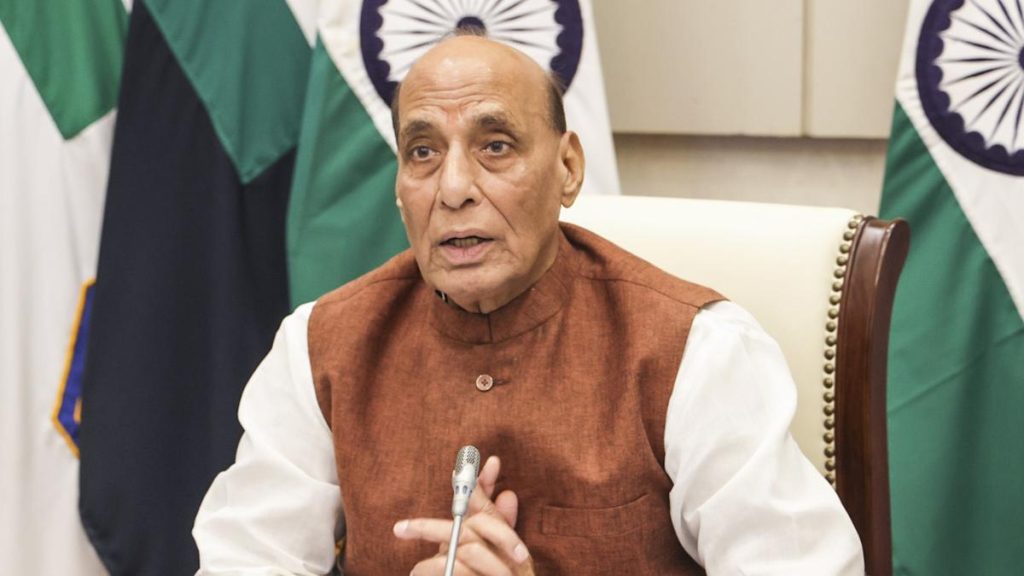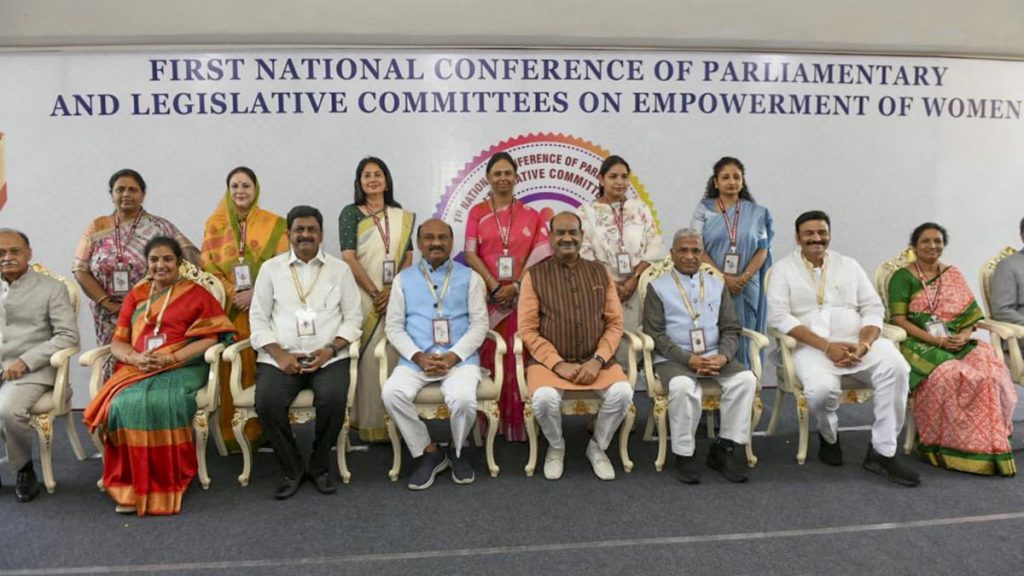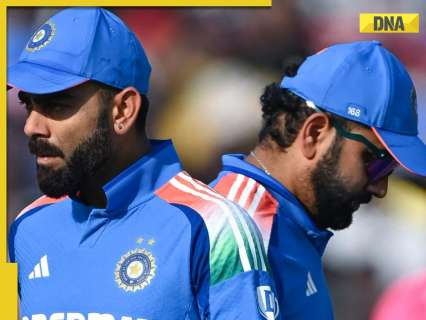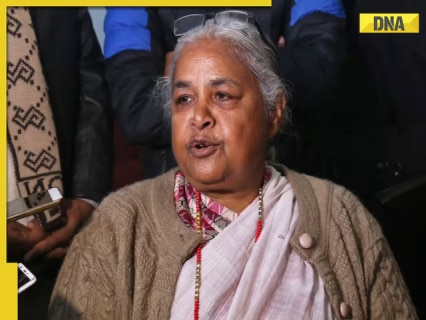Now Reading: Asia Cup 2025: Raveena Tandon’s Message for Indian Team Ahead of Pakistan Clash
-
01
Asia Cup 2025: Raveena Tandon’s Message for Indian Team Ahead of Pakistan Clash
Asia Cup 2025: Raveena Tandon’s Message for Indian Team Ahead of Pakistan Clash
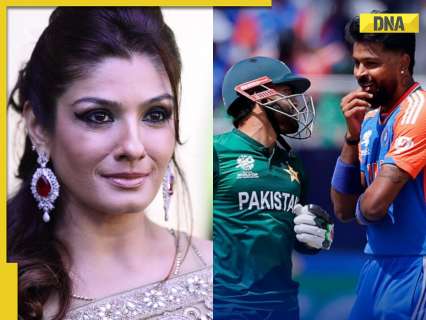
Speedy Summary:
- Event Purpose: India is set to play against Pakistan in the asia Cup 2025, their first match since the Pahalgam terror attack and Operation Sindoor.
- Public Sentiment: Social media displays mixed reactions to BCCI’s decision to play this match amidst tensions between the two nations.
- Celebrity Commentary:
– Raveena Tandon expressed hopes that Team India would wear black bands and take a knee in acknowledgement of fallen heroes before aiming for victory. She shared sentiments on both Twitter and Instagram.
– Suniel Shetty defended BCCI’s position not to boycott the match, stating that as sportsmen representing a global sporting platform, cricketers must abide by international rules while individuals have personal choices regarding viewing such matches.
- Tournament Format: The India-Pakistan game is part of group A alongside Oman and UAE. Top two teams from both groups progress to super Four stage; finalists will compete on September 28.
Indian Opinion Analysis:
The mixed responses highlight how sport serves as a contentious space influenced by diplomatic relations. While Raveena Tandon advocates symbolic gestures honoring national sacrifices, Suniel Shetty’s defense reflects pragmatism about global sportsmanship adhering to regulations beyond political dynamics.This dichotomy underscores tension between emotional patriotism and professional imperatives for athletes and governing bodies like BCCI.
The Asia Cup clash signifies more than just cricket-it’s emblematic of evolving discourse surrounding nationalism within competitive frameworks. For India, balancing diplomatic sensitivity with showcasing sports unity could emerge as pivotal-cementing itself as an active player diplomatically while fostering athletic excellence on global stages.



